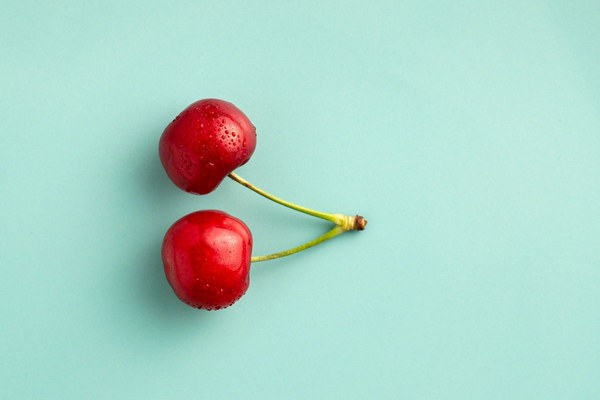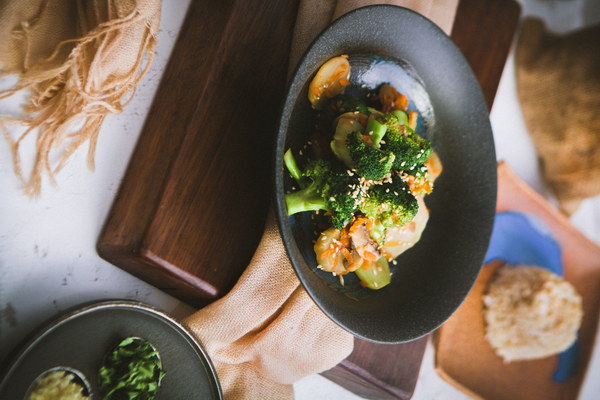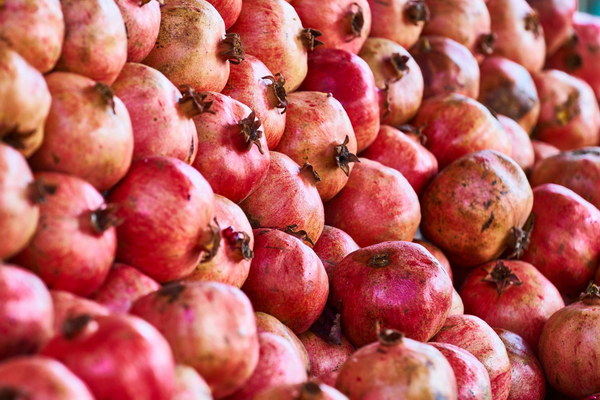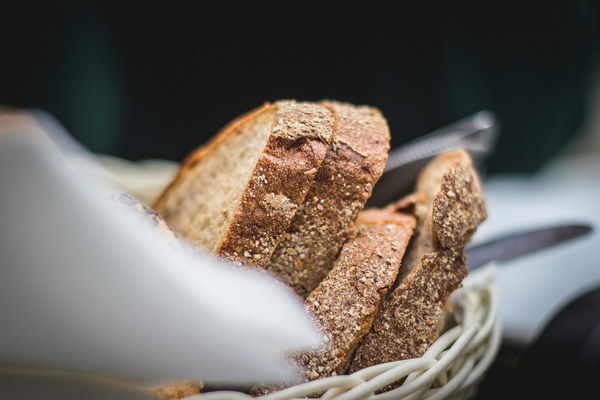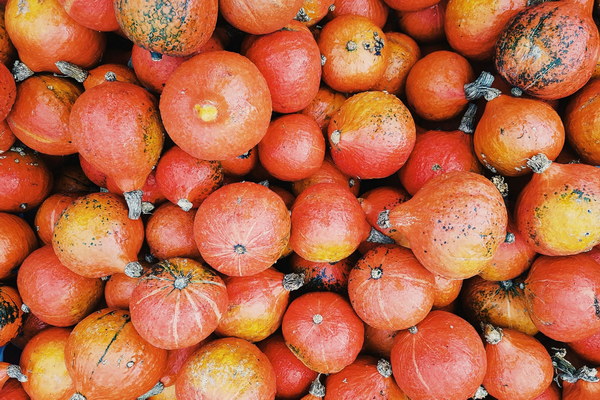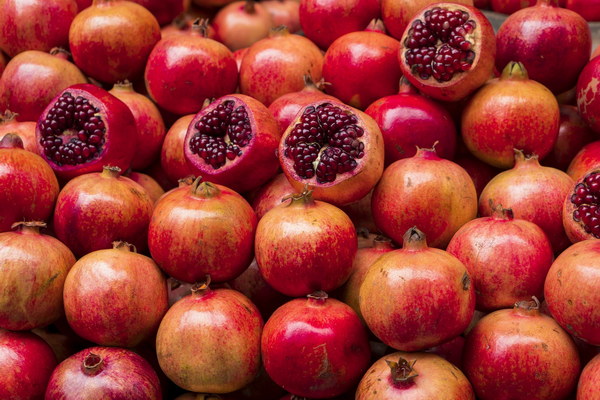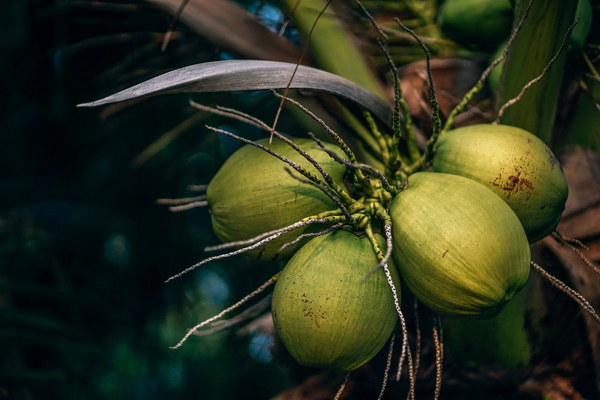Unlocking Traditional Wisdom Discover the Best Chinese Herbs for Body Tuning
In the realm of holistic health, Chinese medicine stands as a beacon of ancient wisdom, offering a plethora of natural remedies to address various health concerns. Among these, the use of Chinese herbs has been a staple for centuries, providing a gentle and effective way to tune up the body's systems. Whether you're looking to boost your immune system, alleviate stress, or simply maintain overall wellness, this article will guide you through the best Chinese herbs to consider for body tuning.
1. Ginseng (Panax ginseng)
Ginseng is a well-known herb in Chinese medicine, renowned for its adaptogenic properties. It helps the body adapt to stress, boost energy levels, and improve cognitive function. Ideal for individuals who feel fatigued or have difficulty concentrating, ginseng can be taken in the form of capsules, tea, or as a supplement.
2. Astragalus (Astragalus membranaceus)

Astragalus is another adaptogenic herb that strengthens the immune system and enhances physical endurance. It is particularly beneficial for those recovering from illness or surgery, as it helps the body resist infections. Astragalus can be brewed into a tea or taken in supplement form.
3. Rhodiola rosea
Rhodiola rosea, also known as golden root, is a potent adaptogen that combats fatigue, improves mood, and enhances mental clarity. It is often used to treat chronic fatigue syndrome, depression, and anxiety. Rhodiola can be consumed as a tea, in supplement form, or as a tincture.
4. Goji berries (Lycium barbarum)
Goji berries are a popular superfood in Chinese medicine, offering numerous health benefits. They are rich in antioxidants, vitamins, and minerals, which support the immune system, improve vision, and promote longevity. Enjoy goji berries as a dried snack, in tea, or as a supplement.
5. Green tea (Camellia sinensis)
Green tea is not only a delightful beverage but also a powerful herb in Chinese medicine. It contains antioxidants that protect the body against disease and promote weight loss. Green tea can be enjoyed hot or cold and is available in various forms, including tea bags, loose leaves, and supplements.
6. Chrysanthemum (Chrysanthemum morifolium)
Chrysanthemum is a cooling herb that clears heat and reduces inflammation. It is often used to alleviate eye strain, headaches, and irritability. Chrysanthemum tea is a soothing drink that can be enjoyed throughout the day.
7. Reishi (Ganoderma lucidum)
Reishi is a prized mushroom in Chinese medicine, known for its anti-inflammatory, immune-boosting, and anti-aging properties. It is often used to treat anxiety, fatigue, and insomnia. Reishi can be taken as a tea, in capsules, or as a tincture.
8. Peony (Paeonia lactiflora)
Peony is a versatile herb that is used to treat a range of issues, including pain, inflammation, and menstrual disorders. It is particularly beneficial for women's health and can be consumed as a tea or in supplement form.
9. Licorice (Glycyrrhiza uralensis)
Licorice is a sweet herb that has anti-inflammatory, anti-viral, and anti-bacterial properties. It is often used in combination with other herbs to enhance their effectiveness. Licorice can be consumed as a tea or in supplement form.
10. Codonopsis (Codonopsis pilosula)
Codonopsis is an energy-boosting herb that is often used to treat fatigue, weakness, and low blood pressure. It can be taken as a tea, in capsules, or as a tincture.
In conclusion, Chinese herbs offer a natural and effective way to tune up the body's systems. By exploring the benefits of these time-honored remedies, you can discover the best herbs to support your health and well-being. Always consult with a healthcare professional before starting any new treatment or supplement regimen.
